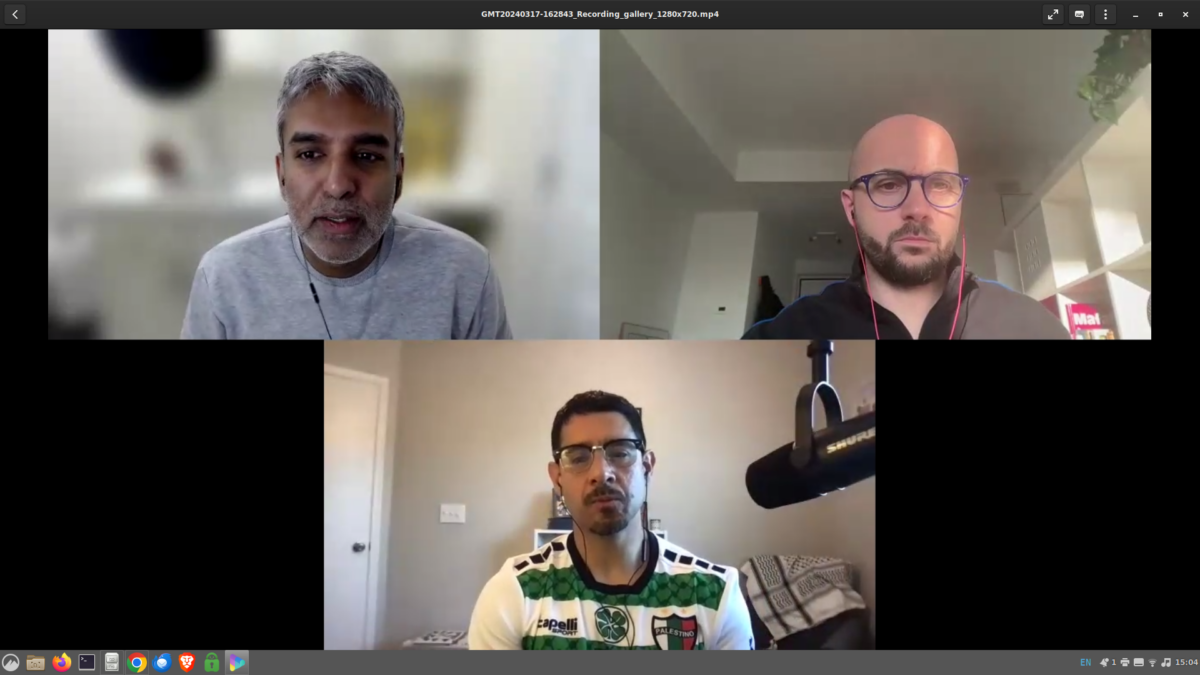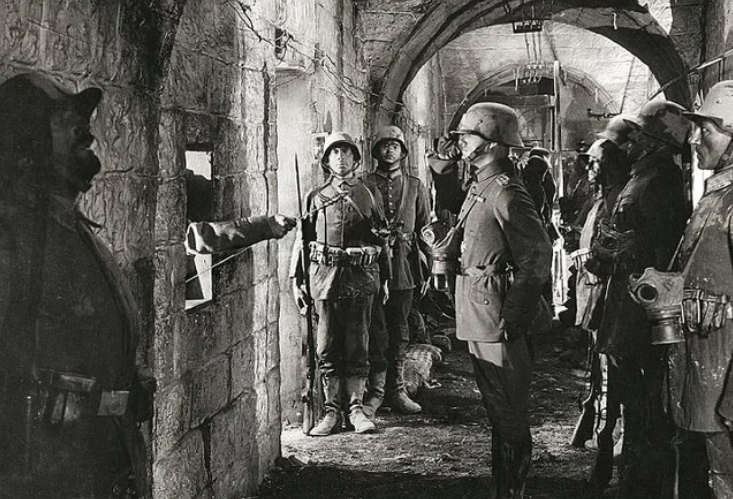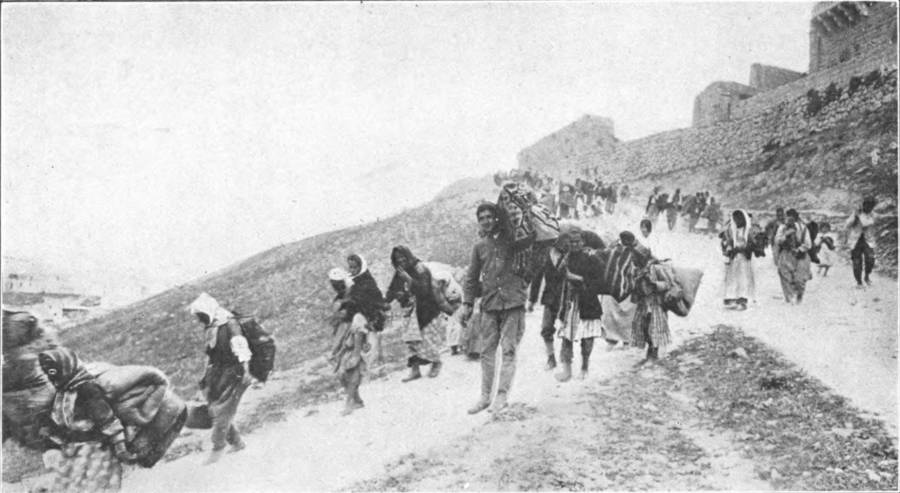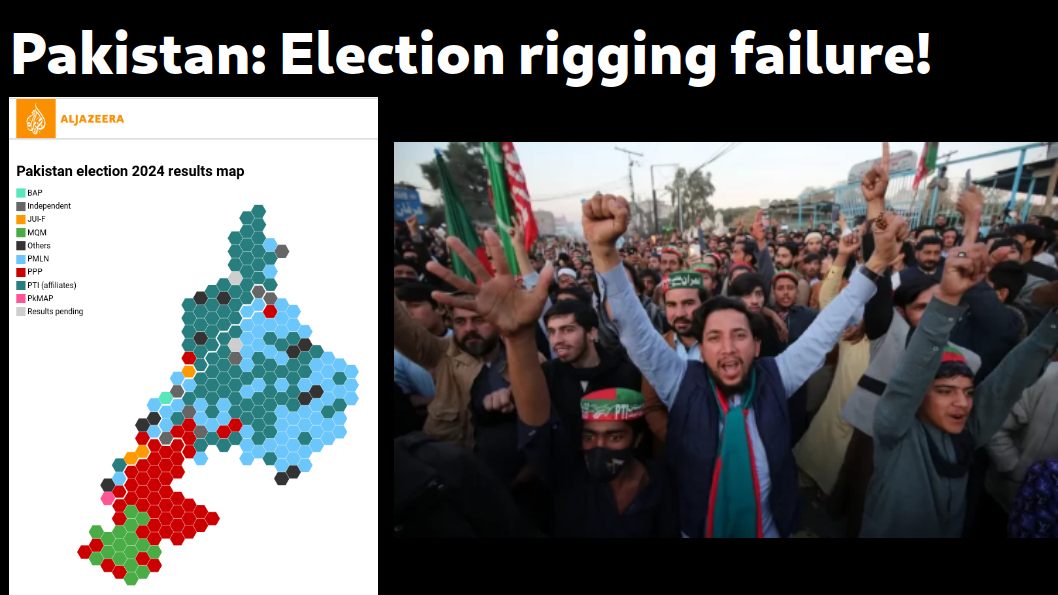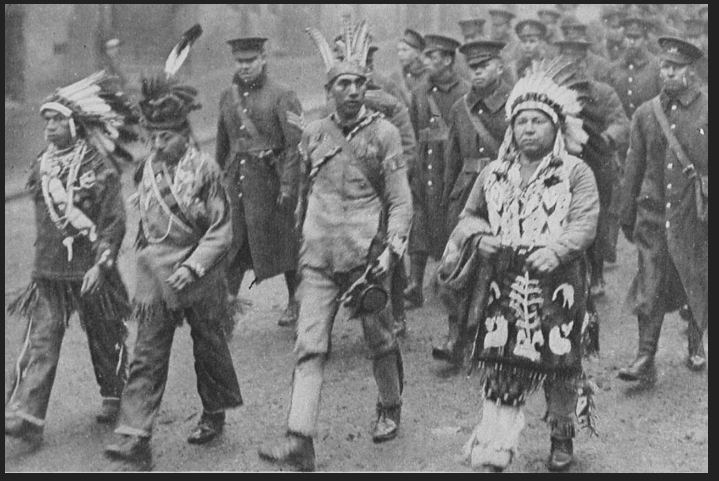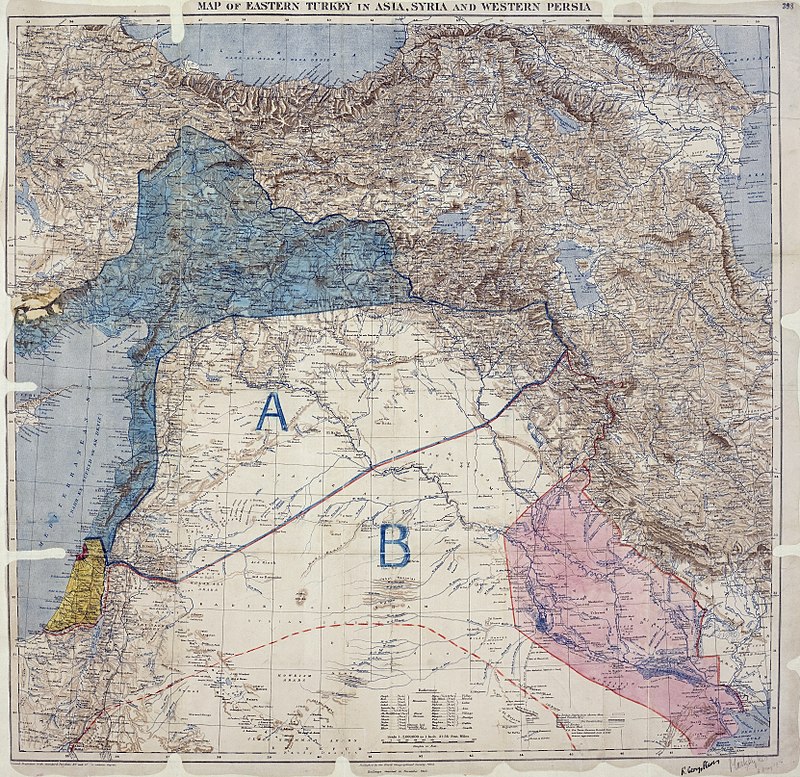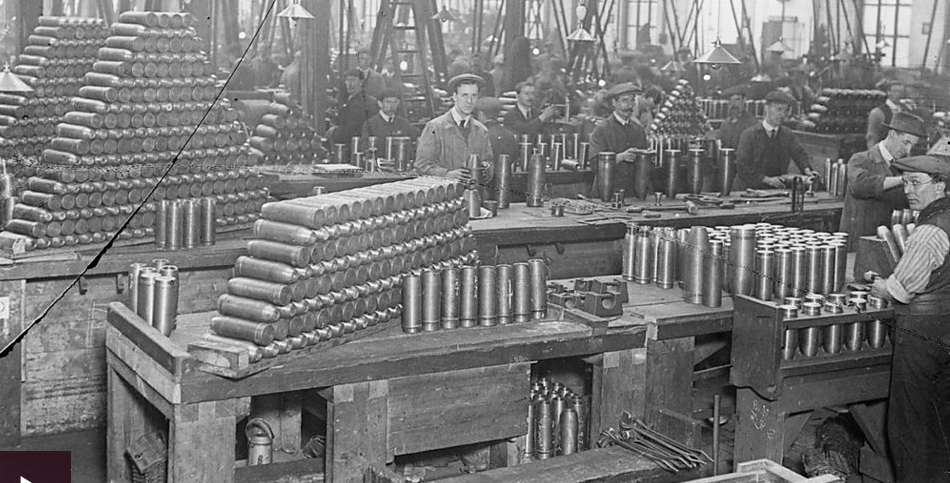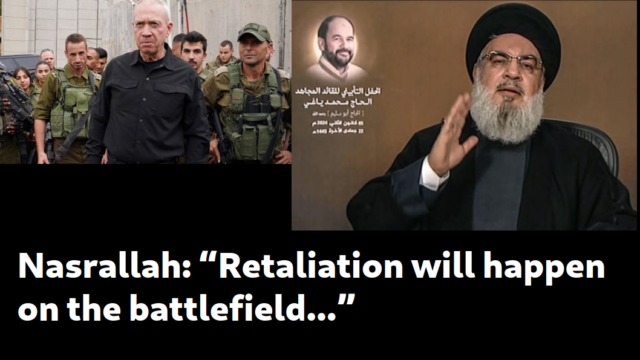We didn’t have quorum for a tankie therapy session but we got together anyway – Matteo and Alex joined for a discussion of several psychological warfare methods being used on us: normalizing crimes, treating the criminals like they are a natural phenomenon, and the abuser’s method of “look what you made me do”, absolving the criminals and blaming the victims for apparently bringing it on themselves. And another question: is this a topic to be debated? Courage and cowardice and challenges put to us by things we’ve been reading this week.
Audio
World War Civ 35: Agony and Slaughter 1916
The battles of Verdun, the Somme, and the Brusilov Offensive. Epic, tragic military errors, horrors of trenches, battles that killed hundreds of thousands and changed the course of history.
AER 140: The Gaza Siege
The siege on Gaza and the role of the Palestinian Authority are critical context for the Israel’s assault on Gaza. On this episode we take a look at the history of the blockade and how Israel has ghettoized the Palestinian population. Co-production with The Brief.
World War Civ 34: The Armenian Genocide 1915-16
Genocides happen in broad daylight – it is only afterwards that they are covered up. There are still fewer countries that recognize the Armenian Genocide than countries that do not. We read scholars that take the view that it was a genocide as well as a scholar that describes the events without using the label, presenting the story of 1915-1916 as well as the trial of the leaders after the war. One scholar of the genocide says that by refusing to investigate these events enough, “society has lost its moral sensitivity to past genocide as well as to current and possibly future episodes of mass violence.”
AER 139: Pakistan Election Rigging Fails
Waqas Ahmad is back and we recap Pakistan politics since the 2022 coup against Imran Khan. After assassination attempts, vexatious lawsuits, thousands of arrests, torture, and the banning of Imran Khan’s party and symbol, voters still foiled the best-laid plans of the Pakistan military. Where things stand after the elections of February 8, 2024 in Pakistan.
World War Civ 33: Colonial Troops
In desperation, the European empires turn to the people they’ve colonized and press them into sacrificing their lives for their imperial masters, setting off a chain of events that makes decolonization in a few decades inevitable.
AER 138: October 7 Hannibal
Israeli media recently published a minute-by-minute chronology of the morning of October 7th from the Israeli military perspective. Jon and I go over it as part of my youtube series of Gaza Sit Reps (for Day 104). Cross-posted over at The Brief, reposted here in case you missed it.
World War Civ 32: Britain’s plans for Arab lands – Sykes-Picot, 1916
Early in the Great War Britain decided to dismantle the Turkish Empire and made promises to Arab leaders of independence if they would rebel against Britain’s Turkish enemy. While one British leader was making these promises, another, Mark Sykes, was making a deal with other imperialists for the division of Arab lands between them. Follow Mark Sykes on his world tour that culminates in the Sykes-Picot Agreement of 1916, an agreement we’re all still suffering from to this day.
World War Civ 31: Towards Total War
By the end the World War had mobilized 65 million troops, killed 20 million people and wounded 21 million more. The money was supposed to run out in a year, the armies were big but never that big. How did the war go on? Because the belligerents made immense and irreversible changes to their economies and societies to sustain it and begin the era of total, industrial war.
AER 137: Gaza War Sit Rep Day 91
Solo episode discussing Nasrallah’s speech about the war on the Israel-Lebanon border and an analysis of the 2006 war based on a US military analyst’s paper titled, “We Were Caught Unprepared”.

